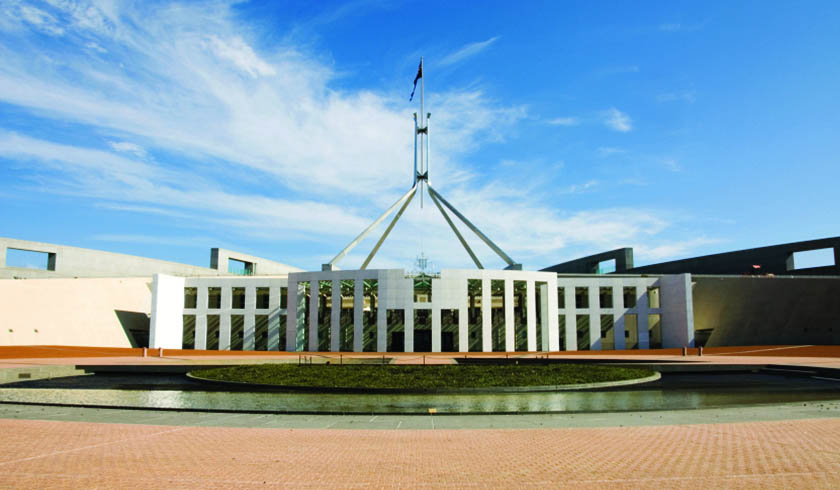Investors to see ease on vacant land deduction restrictions
A tax specialist has provided insight into proposed vacant land deduction restrictions being eased, and how this impacts investors going forward.

Tony Greco, general manager - technical policy at the Institute of Public Accountants (IPA), has issued a statement in response to the Treasury Laws Amendment (2019 Tax Integrity and Other Measures No. 1) Bill 2019 recently passed by the Senate.
“Harshness of some of the proposed measures denying deductions for vacant land have been eased,” Mr Greco said.
“It was pleasing to see that the Senate reduced some of the scope creep that extended beyond what was originally announced on budget night this year. The intent was to deny deductions for taxpayers who had intentions of constructing a residential dwelling on the vacant land from claiming deductions such as interest and holding costs.
“The proposed law went much further by denying deductions even if the vacant land was generating income such as a farmer earning agistment fees or an investor letting out vacant land to a third party as a car park operator. If the vacant land is leased out to a third party who carries on a business, then the denial of deductions will not occur, which is a sensible outcome.
“Without the amendment, income would have been assessable, yet deductions would have been denied, resulting in an absurd and unfair outcome.”
Mr Greco added the proposed law also caught investors who had brought residential apartments with structural defects “which meant that units were uninhabitable due to safety reasons, which proposed law treated effectively as vacant land”.
“Not only were such investors facing remedial defect costs, but the prospect of denial of negative gearing deductions until the apartment was habitual again. The law will be amended so that taxpayers who have structures affected by natural disasters or other exceptional circumstances will be given reprieve but for up to three years only,” he explained.
“The Senate also recommended the loophole allowing legalised theft of employees’ salary sacrificed contributions to reduce the employers’ minimum SG contributions be brought forward by six months to 1 January 2020.
“The IPA argued that employers have had plenty of notice that this is wrong and there is no good reason why the measure should not be law from the start of this financial year.”

